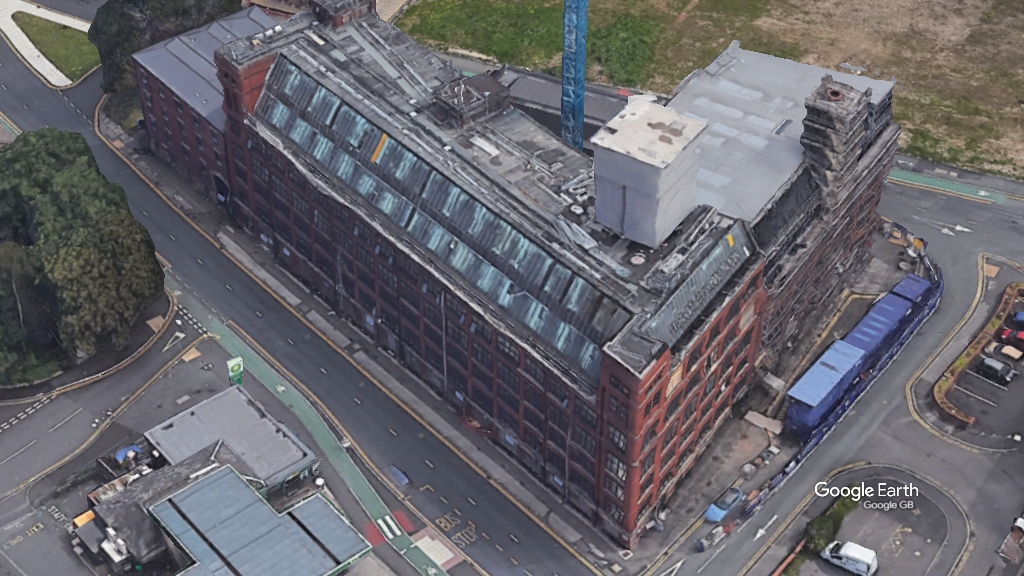Bernstein: elected mayor would ‘cut across’ our approach
The chief executive of Manchester City Council's report was written to introduce the LEP to the government's consultation exercise currently underway to gather views on proposals to hold elections in a dozen cities outside London on 3 May 2012. The consultation closes on 3 January 2012. The powers to create directly elected mayors were contained in the Localism Act, which received Royal Assent on 15 November.
Bernstein wrote:
"A genuinely localist approach to governance which responds to the individual opportunities and challenges in places should mean that we can continue to determine locally the most appropriate level of governance and most effective structures. As a matter of principle, the powers of local authorities should not be determined by the form of governance they adopt.
"In Greater Manchester we have recognised the importance of working at a city regional level in order to contribute most effectively to creating growth that will impact at national level. We have clear priorities, strong civic and business leadership and a track record of delivery. Following a 25 year history of voluntary collaboration through the Association of Greater Manchester Authorities, we have recently strengthened our ability to deliver our economic priorities through the establishment of the GM Combined Authority and the LEP. Only by building on these existing structures – rather than creating a new form of governance within the City of Manchester local authority area only – are we likely to make the right contribution to creating the conditions for growth and public sector reform. In Greater Manchester, we have demonstrated that for reform to be successful, it requires a genuine bottom up approach rather than one that is driven top down from central government. Imposition of a mayor for the City of Manchester cuts across this approach.
"The development of governance arrangements in Greater Manchester has taken place over many years, and has included the establishment of the GM Combined Authority on 1 April of this year. This is the first of its kind and provides a statutory basis for Greater Manchester authorities to act collectively to deliver economic priorities. GM has demonstrated strong and effective cross party political leadership through AGMA and the Combined Authority and there is a genuine partnership between that political leadership and the local private sector, which is focused on creating the conditions for private sector led growth. Independent research led by the Institute for Government has demonstrated that there is little support for a Mayor for Greater Manchester and that the priority should be to allow time for the Combined Authority to become established before any further changes might be introduced.
"The GM Combined Authority and LEP are currently working with Greg Clark, minister for decentralisation and cities, on negotiations around a Deal for Greater Manchester. This work looks to identify those areas where powers and responsibilities should be decentralised to enable city regions to drive economic growth. This focuses on devolution to the Greater Manchester level as opposed to individual authorities as this is the level at which we can make the greatest economic impact. The governance infrastructure and genuine partnership provided by the GM Combined Authority and LEP provide a sound platform for devolution.
"Decentralisation and localism do not only involve the structures and powers within local authorities. There is also a role for national government to establish the essential framework for creating a spatial focus for growth and transformation through its own working structures. This consultation paper does not consider the changes at the national level which would be essential to bringing about a genuine culture change to empower local authorities and communities.
"The reform of public services must be driven by all public service partners, and not only by local authorities. At Greater Manchester level there is accountability and/or administration for a number of key public services such as the police, probation, fire and rescue, NHS, and JobCentre Plus. A core feature of the GM framework for the reform of public services is to integrate the commissioning and delivery of public services around individuals and families and to support the role of civil society at neighbourhood level. This is crucial to reducing dependency and promoting growth by increasing resilience, self-reliance and personal productivity. Any significant changes to governance at the city level could distract from this balance between city regional accountability and neighbourhood delivery."
The LEP will discuss the issues raised by elected mayor proposals before submitting its formal response before 3 January.




